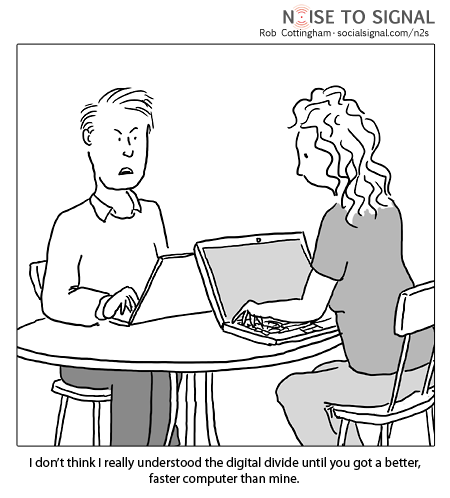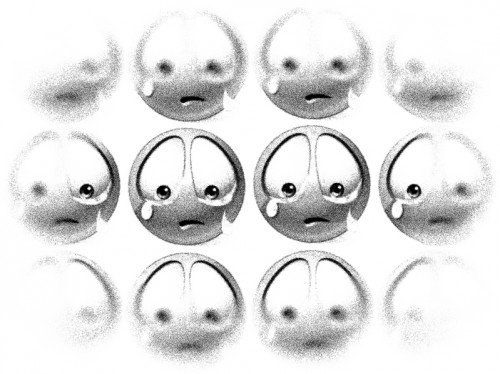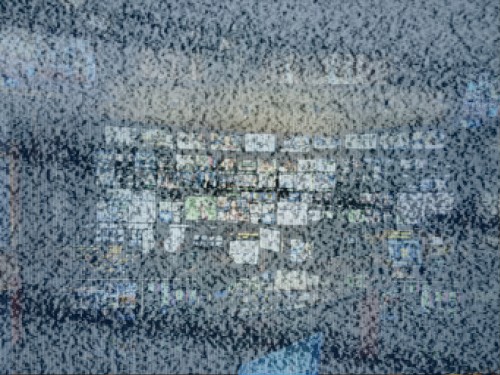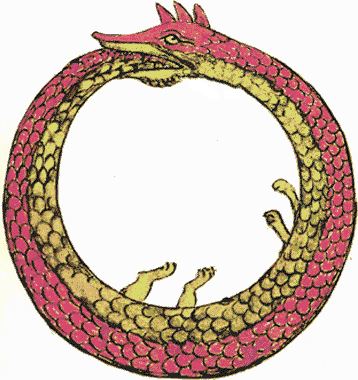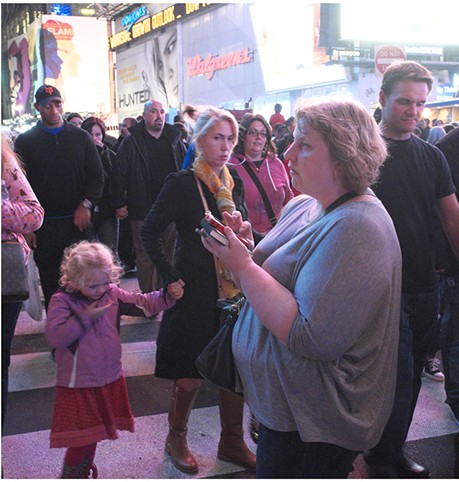
Last week, Hailey Morris-Cafiero, a photographer and college professor, wrote an article for Salon.com about an ongoing project, five years in the making. Morris-Cafiero’s project is to document those who mock her because of her body size. She selects a public venue, sets up a camera in full view, and has her assistant snap photos as Morris-Cafiero engages in the world under the derisional gaze of fatphobic publics. One image shows a teenage girl slapping her own belly while intently staring at Morris-Cafiero eating gelato on a sidewalk in Barcelona; another shows two police officers laughing, as one stands behind her holding his hat above her head; a third shows her sitting on bleachers in Times Square, a man a few rows back openly laughing at her as his picture is taken. The project is called “Wait Watchers.” more...

